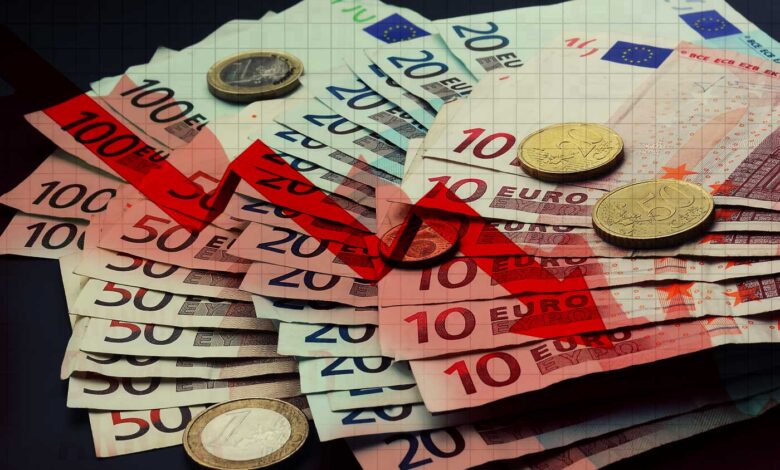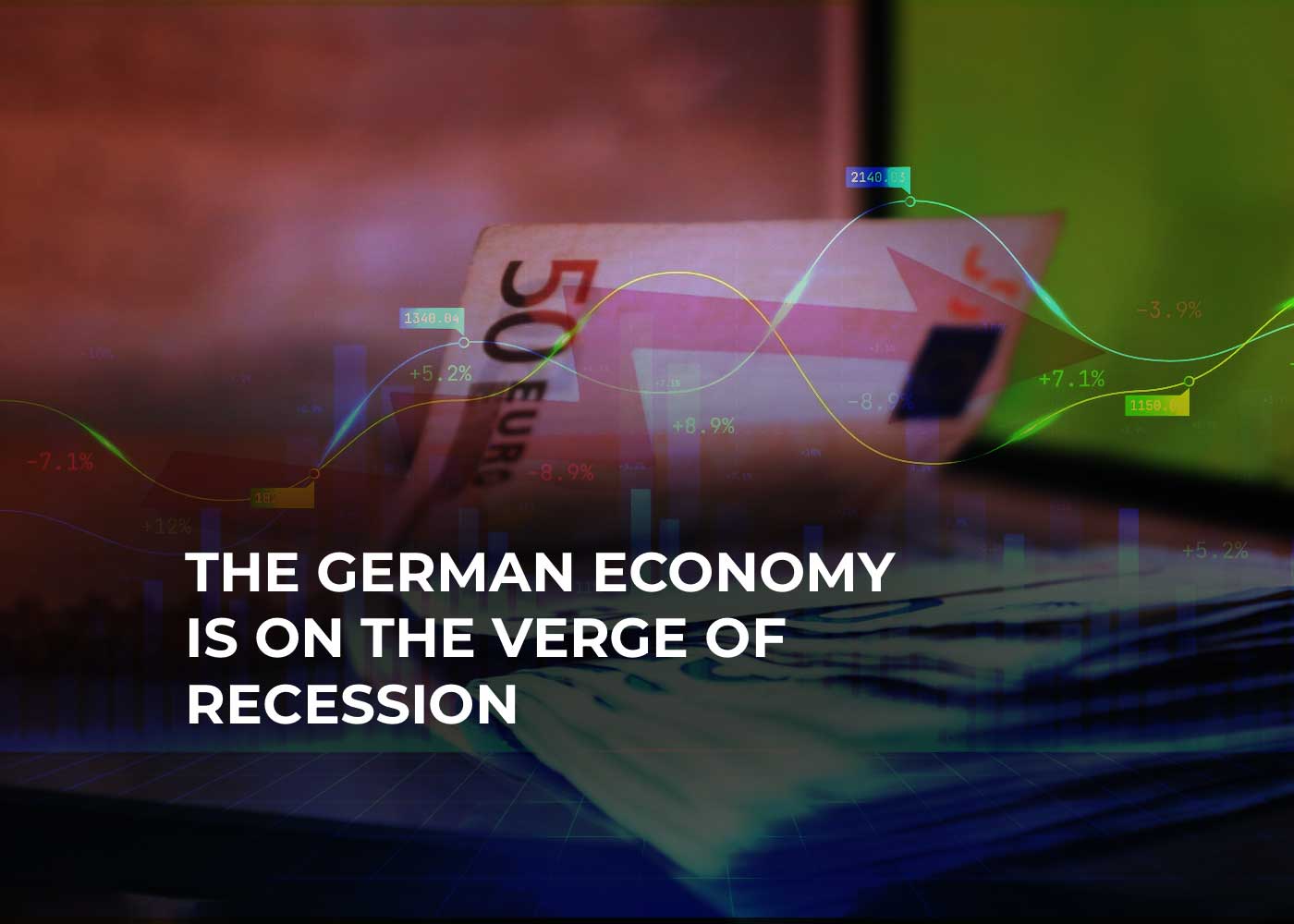
According to Destatis’ Federal Statistical Office, Germany‘s Gross Domestic Product (GDP) surprisingly decreased by 0.2 percent from October to December in contrast to the predicted stagnation. This can largely be attributed to weaker private consumer spending compared to the previous quarter, as observed and explained by statisticians. What will the German economy do against this recession?
German Economy Will Grow Slightly This Year
According to Destatis, the price-adjusted GDP growth for 2022 was 1.8%, which is a 0.1 percentage point revision from their original result of 1.9%. Germany‘s growth in 2021 saw an impressive 2.6% increase. However, the government’s annual economic report states that the expected slowdown at the beginning of 2022/23 will be shorter and milder than originally predicted last autumn when they assumed a drop off of 0.4%. The forecasted 2023 GDP change is now up to 0.2%.

The Fall May Not Be As Bad As Expected
Alexander Krüger, Chief Economist at the private bank Hauck Aufhäuser Lampe, states that Germany has proven to be much more resilient than expected due to personal savings and government stabilization measures. Despite this promising news, he cautions that growth should not be celebrated just yet as structural weaknesses remain a concern for long-term economic prosperity.
Thomas Gitzel, Chief Economist at VP Bank, concurs that the winter months have certainly been trying; however, not as hard as initially predicted. It appears that Germany‘s GDP will suffer a slight decrease in this quarter.
I have another content for you if you want to check it out: Chinese Smartphone Manufacturer Meizu Enters Automobile Industry




